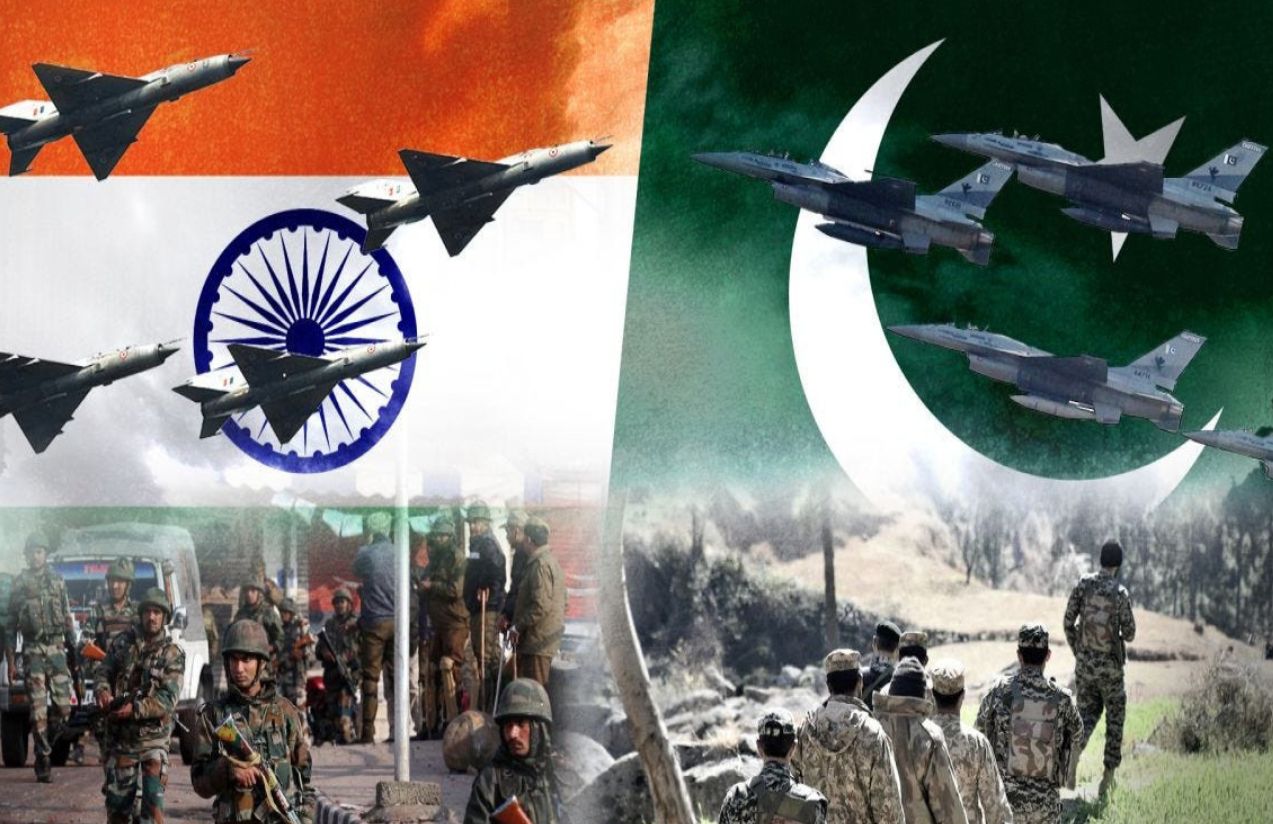India has announced an immediate ban on all imports—both direct and indirect—from Pakistan, in response to the recent terrorist attack in Kashmir. The move further escalates trade and diplomatic tensions between the neighboring countries.
The decision was formalized through an amendment to India’s Foreign Trade Policy, issued on May 2 by the Ministry of Commerce and published this Saturday. The notification states that the “import or transit, whether direct or indirect, of all goods originating in or exported from Pakistan” is prohibited, citing national security and public policy concerns.
The ban will remain in effect “until further notice.” According to India’s Directorate General of Foreign Trade, any exceptions to the embargo must receive explicit approval from the central government.
This action adds to a series of retaliatory measures following the April 22 attack that killed dozens of Indian tourists. These include the suspension of the Indus Waters Treaty—a crucial water-sharing agreement between the two nations—diplomatic expulsions, visa suspensions, and the closure of airspace.
Indian media, citing official sources, also report that the government is actively working to have Pakistan reinstated on the Financial Action Task Force (FATF) grey list, the international watchdog for money laundering and terrorism financing.
Key imports from Pakistan include fruits, nuts, medicinal plants, and certain chemicals. Meanwhile, India’s main exports to Pakistan—organic chemicals and pharmaceuticals—accounted for roughly 60% of total shipments between April and January of the 2024–2025 fiscal year.
Amid rising tensions, Pakistani Prime Minister Shehbaz Sharif called on Gulf nations to help de-escalate the situation. In separate meetings with the ambassadors of Saudi Arabia, Kuwait, and the United Arab Emirates, Sharif denied any Pakistani involvement in the attack and expressed concern over a possible Indian military response.
“We urge our brotherly nations, including Saudi Arabia, to press India to reduce tensions,” Sharif stated, reaffirming his commitment to peace and regional stability. He also expressed Pakistan’s willingness to cooperate in a “credible, transparent, and neutral” international investigation.
Meanwhile, Pakistan announced on Saturday the “successful training launch” of its Abdali surface-to-surface missile, which has a range of 450 kilometers. The launch took place on May 3 as part of Exercise INDUS and was witnessed by senior military officials, including representatives from the Army’s Strategic Forces Command and the Strategic Plans Division.
According to the Inter-Services Public Relations (ISPR), the army’s media wing, the exercise aimed to ensure operational readiness and validate key technical parameters of the missile, including its advanced navigation system and enhanced maneuverability.
The Pakistani government and military leadership reaffirmed their full confidence in the operational preparedness and technical capabilities of the country’s Strategic Forces, highlighting their role in maintaining credible minimum deterrence and safeguarding national security against any external aggression.

